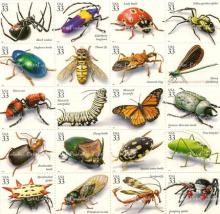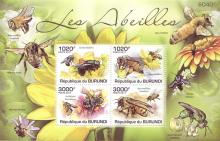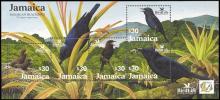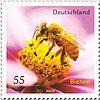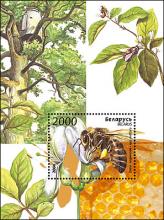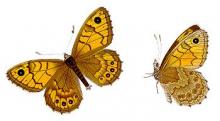Surveys of farmland wildlife have identified serious declines in the populations and ranges of birds and declines in populations of mammals, insects and plants associated with arable land
Changes in arable farming practices have been identified as important factors in the decline of wildlife. Significant declines in the brown hare have been recorded, associated with changes in the availability of high quality food at certain times of year. Declines in the Pipistrelle Bat are in part likely to have resulted from lower abundance of insect prey in farmland. Information on the decline of arthropods in farmland habitats has been published by the Game Conservancy Trust’s Sussex Study In the Sussex study area, between 1972 and 1990, arthropods have declined by 4.2% per annum (excluding springtails and mites), with many groups of beneficial insects, such as aphid predators and game bird food items, declining at faster rates. Bee species are particularly threatened. A range of cornfield weeds, such as corn buttercup and shepherd’s-needle, have declined markedly this century, to the extent that some species are now extinct in the UK. These annual flowers are dependent on the arable ecosystem, which is characterised by regular soil cultivation. Declines in farmland birds have been identified for a number of species characteristic of arable and mixed farmland. These birds feed on seeds, invertebrates or both, sometimes at different times of year.


